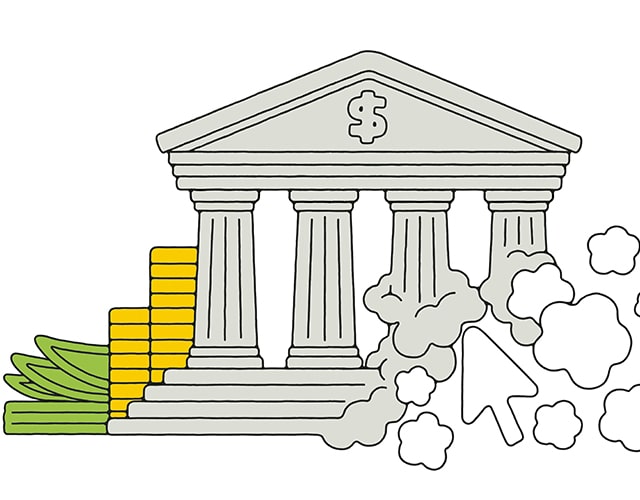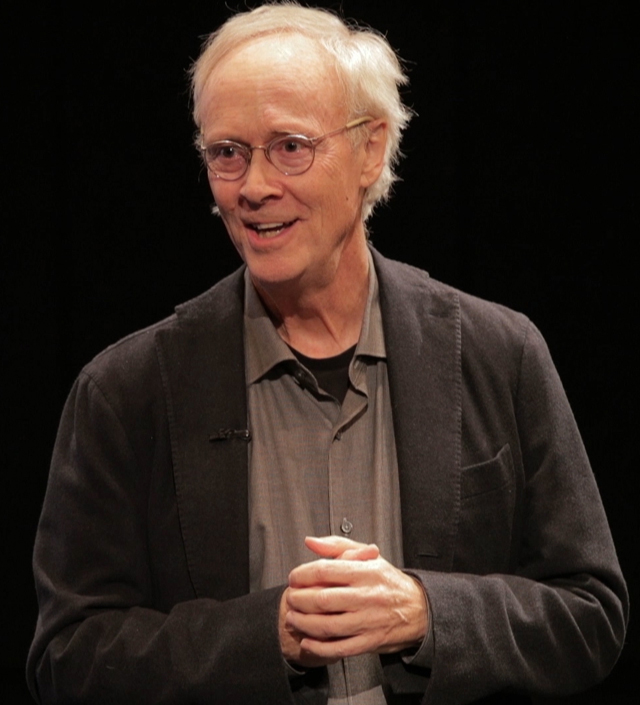For close to a century, putting your savings into a federally insured bank has been a sure thing: If the institution fails, up to $250,000 of your money will be protected.
What if it isn’t anymore?
The promise of bank insurance — a tenet of U.S. consumer protection since the Great Depression — is now being tested by a crisis swirling around online-only lenders with hundreds of millions of dollars of deposits between them. Customer accounts have been frozen, preventing people from cashing out their life savings. Most depositors have little clue where their money has gone, and whether they will get any of it back.
The turmoil was set off this spring with the bankruptcy of Synapse Technology, the kind of company you’ve probably never heard of unless you suffered through all the fine print of your account statements. It operated banking software for fast-growing online lenders with names like Juno, Yieldstreet and Yotta.
Backed by some of Silicon Valley’s bigger venture capitalists, the startups offer accounts that charge lower fees and pay far higher interest rates than traditional brick-and-mortar banks. Their slick websites advertise insurance from the Federal Deposit Insurance Corp., the U.S. agency that pledges to pay back lost funds.
Unlike stodgy brick-and-mortar institutions, this group’s pitch is that banking can be downright fun. “Play Games. Win Big,” says Yotta, which features a lottery-like system that boosts returns for some lucky customers.
This model is increasingly popular — especially among 20- and 30-somethings — and legal.
The rub is that although these startups may look and feel like banks, they are not. They simply collect customer money and pass it through financial technology intermediaries like Synapse to old-school banks that may have as few as one physical branch and minimal online presence. The banks, including Evolve Bank & Trust of West Memphis, Arkansas, according to filings, are the ones that actually manage the depositors’ money.
If one link breaks in this sequence, it can become intensely complicated for people to access their funds.
When it filed for bankruptcy in the spring, Synapse said it had only $2 million in cash on hand and owed multiples of that.
Shortly thereafter, account holders at Juno, Yotta and elsewhere, with nearly $300 million in cumulative deposits and no direct relationship with Synapse, could no longer access their money.
The only one of the aforementioned crew that is actually a chartered bank, and thus covered by FDIC insurance, is Evolve. And because Evolve itself did not fail, the customers of the online lenders were not eligible for automatic federal banking insurance.
“It’s really unprecedented,” said Jason Mikula, a former Goldman Sachs product manager who now writes a financial newsletter. “There is no direct, legal authority for the FDIC or any other agency to intervene.”
The companies involved point the finger at one another. Yotta, which repeatedly advertised its products as “FDIC insured,” has told customers it was powerless to help because it held none of the money itself. The founder of Synapse, Sankaet Pathak, blamed Evolve, writing in a Medium post that it was “unnecessary and punitive” for the bank to freeze the funds. Neither Pathak nor representatives for Juno and Yieldstreet responded to requests for comment.
Yotta’s founder, Adam Moelis, son of prominent investment banker Ken Moelis, said that he took responsibility for trying to resolve the situation but not for causing it: “The responsibility of the banks and Synapse was to store and move money and conduct proper oversight.”
He added: “This is basic stuff. While we feel horrible for the impact this has had on our customers, that these parties are unable to account for and reconcile tens of millions of dollars is not our fault.”
Even to the experts, what happens next is unclear. While some of the frozen $300 million in bank accounts has been released to customers, according to filings in Synapse’s bankruptcy case, the defunct company’s court-appointed trustee has told the court that there is as much as a $95 million “shortfall” in the funds that Synapse handled for lenders.
Thomas Holmes, a spokesperson for Evolve, said that as it awaited guidance from the court, the bank was holding onto $46 million of the funds because it discovered “numerous significant discrepancies” in Synapse’s paperwork.
The bankruptcy court judge has said that he suspects that tens of millions of dollars will never be found, but is powerless to compel regulators to get involved. “This is a very, very unusual situation,” Judge Martin R. Barash said at a hearing last week.
Left twisting in this Möbius strip of blame are customers, whom these lending startups call “end users.” To have a shot at recouping their money, they first have to figure out who has it.
Many were told at one point that they had debit cards and accounts at Evolve, but have now learned it was another unnamed bank who had their money. Holmes of Evolve said the bank “transferred all end user funds” to other banks at the request of Synapse, but declined to identify them. “It’s complicated,” he wrote in an email Friday, declining to elaborate further.
In interviews, customers were shocked to learn that they were not entitled to immediate federal insurance.
“It all sounded like a normal bank to me,” said Erick Baum, 45, an information-technology professional in Sacramento, California, who transferred roughly $30,000 of his savings from JPMorgan Chase to Yotta after hearing about it on a popular financial advice channel on YouTube.
Representatives of the FDIC and Federal Reserve, the main banking regulator, declined to comment. An FDIC spokesperson pointed to a letter the regulator sent to the bankruptcy trustee saying that it found the collapse of Synapse “deeply troubling” and that it had responded to over 1,000 complaints and inquiries from those unable to access their funds.
Fed Chair Jerome Powell told a Senate committee July 9 that the central bank was “strongly encouraging” Evolve to make money available to depositors, but said he had no power over Synapse or the online lenders.
Barasch said he had no answers. He suggested that depositors might hire lawyers of their own to sue those involved.
c.2024 The New York Times Company. This article originally appeared in The New York Times.







